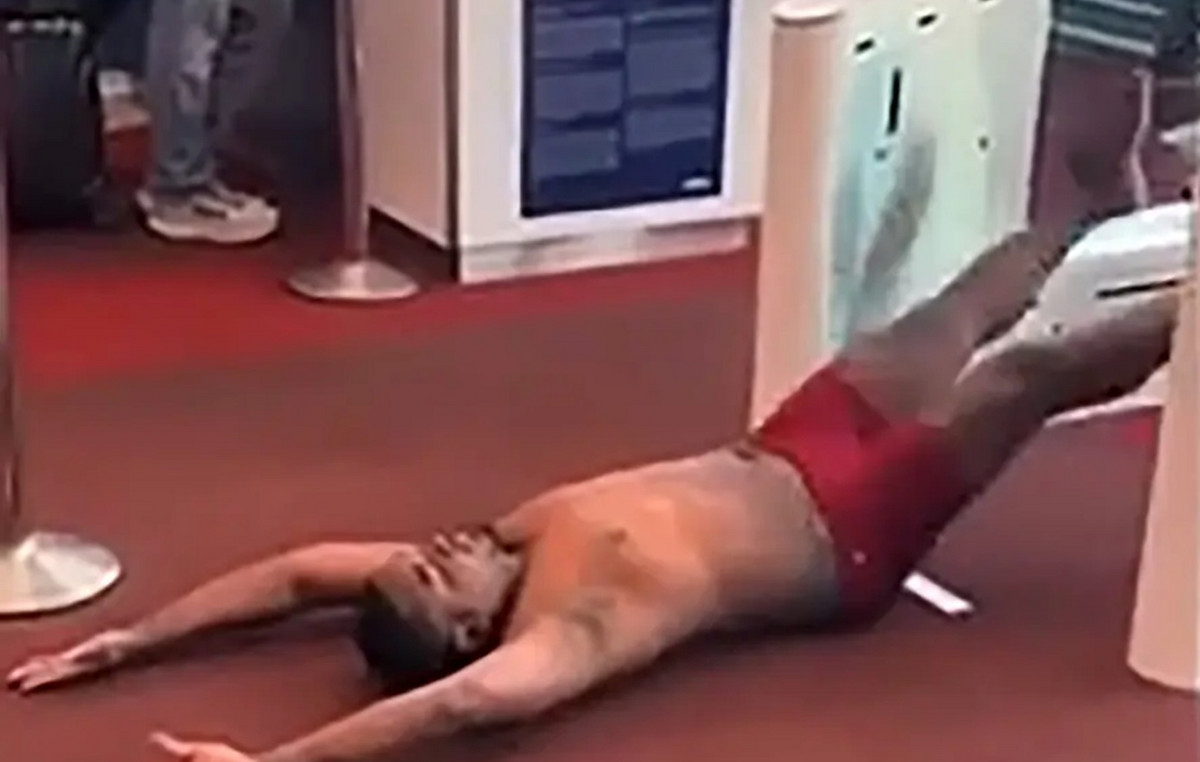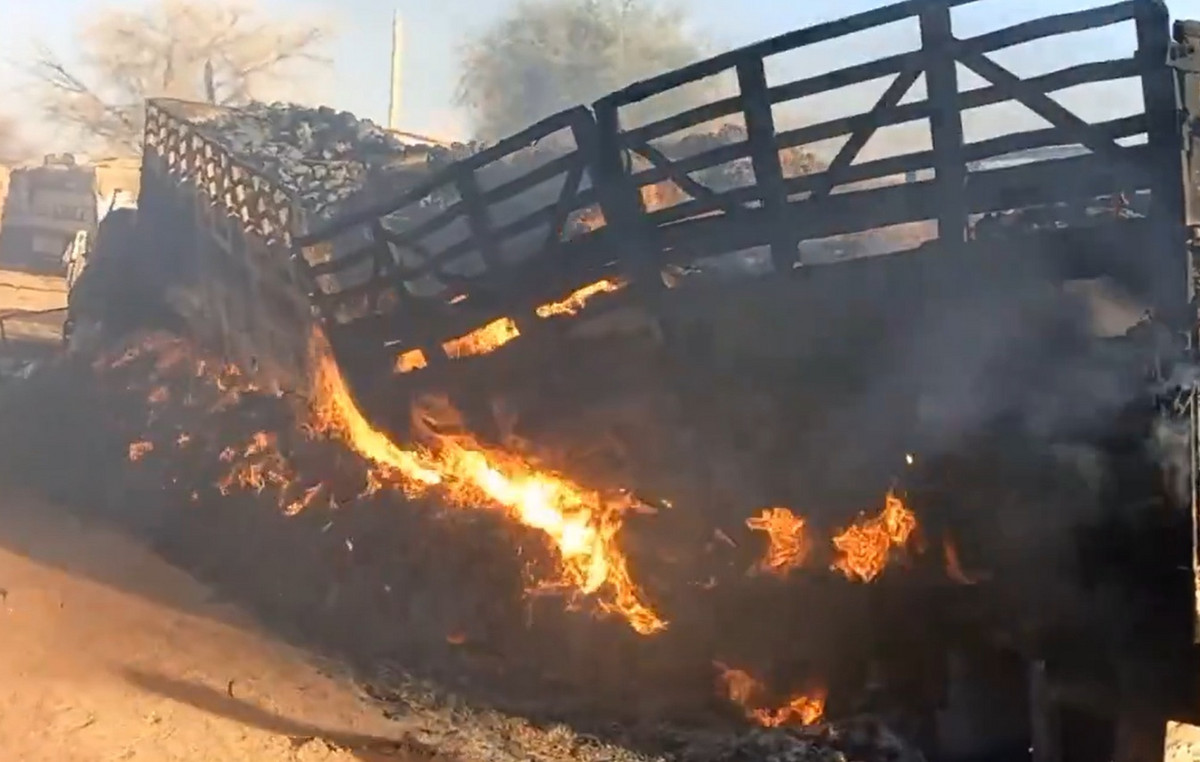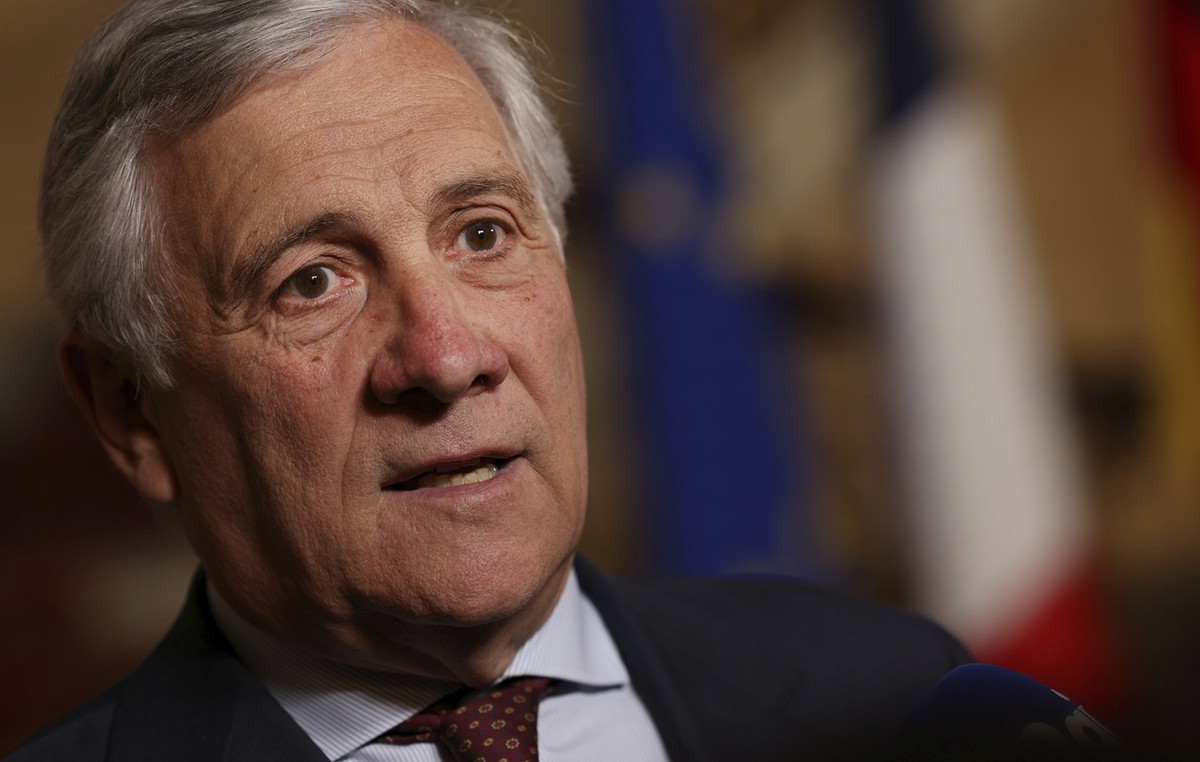Haiti's Prime Minister Ariel Henry signed his resignation on Thursday (25), handing over power to a transitional council that will seek to gain control of the violence-ravaged nation.
Henry wrote in his resignation letter dated Wednesday that, “given the current situation,” it was the right time for him to resign. “We serve the nation in difficult times. I thank everyone who had the courage to face these challenges with me,” he said.
Haiti has been gripped by chaos and gang violence in recent weeks, with criminal groups attacking government structures and the social order on the verge of collapse.
The Caribbean country's finance minister, Michael Patrick Boisvert, has been named interim prime minister until a new government is formed, according to an X post from Henry's office on Thursday.
A transitional council, consisting of seven voting members and two non-voting observers, was charged with the responsibility of appointing a new prime minister and a new cabinet. The committee will exercise certain presidential powers until the inauguration of a new president-elect, which must occur no later than February 7, 2026.
Henry announced in March his plans to resign once a decision was made on the country's future leadership, and the transition council was created shortly after.
The Caribbean Community (CARICOM) welcomed the formation of the council in a statement earlier this month, hoping it marked “a new beginning for Haiti.”
Since February, attacks by an insurgent alliance of gangs in the capital, Port-au-Prince, have meant the city's international airport and seaport have ceased to function, breaking vital food and aid supply lines and triggering an exodus of evacuation flights. for foreign citizens.
With the city practically isolated from the outside world, hospitals were vandalized, while food and essential goods stores were raided.
According to the United Nations, nearly 5 million people in Haiti suffer from acute food insecurity – defined as when a person's inability to consume adequate food poses an immediate danger to their life or livelihood.
“This is the worst humanitarian crisis in Haiti since the 2010 earthquake. I don't think this is sinking in,” Jean-Martin Bauer, director of the World Food Program for Haiti, told CNN last month.
Meanwhile, the UN human rights office described sexual violence in Haiti as “severely under-reported and largely unpunished”, in a harrowing report that documented cases of rape and forced sexual relations with gang members, as well as rising levels of gang violence. gangs in the country.
Source: CNN Brasil
Bruce Belcher is a seasoned author with over 5 years of experience in world news. He writes for online news websites and provides in-depth analysis on the world stock market. Bruce is known for his insightful perspectives and commitment to keeping the public informed.







